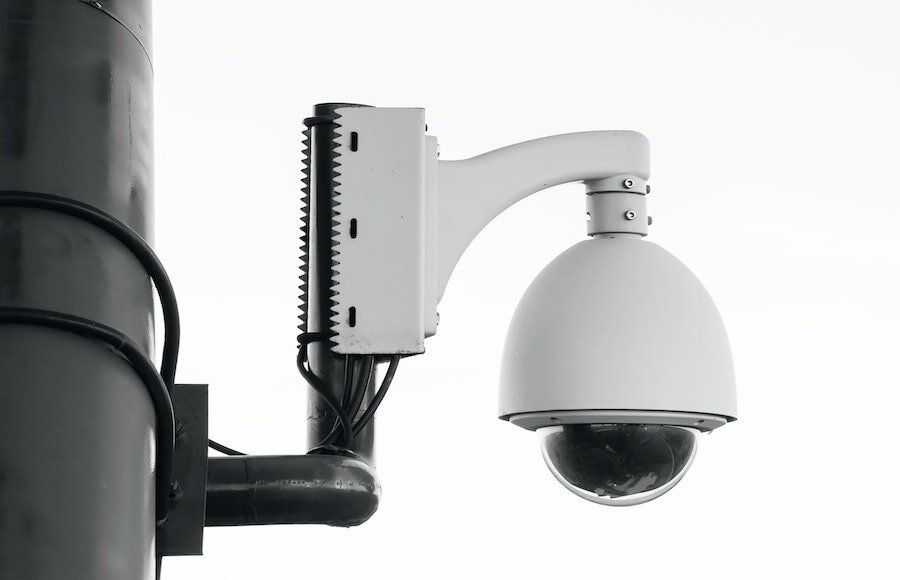Business Security Cameras and Cybersecurity – What You Need to Know
All Connected Systems Need to be Protected

If you’ve decided to acquire or upgrade a business security camera system, congratulations. You’re taking significant steps to protect your enterprise. That said, you should be aware that if that system is connected to the internet, you need to take proper precautions to ensure your system is not hacked.
Viruses, malware, and hacking are not limited to general-purpose devices like computers and smartphones. Modern security systems – like cameras, alarms, access control, and more – are all adding intelligence and internet connectivity for remote management, control, usability, and updating. With those conveniences and advanced intelligent features also come risks from hacking and misuse of your system. If you're thinking about a new business security camera system for your San Antonio, TX locations, you should consider the potential vulnerabilities and how to address them. Keep reading below for more.
SEE MORE: Two Trends to Watch in Business Security Camera Systems in 2021
Use Strong Passwords
A recent hack of a well-known security camera system relied on a simple exploit – a back door system password that was easily found on the internet. Today, all camera systems have at least a web-based graphical interface for administration (like practically any router). You might be surprised to learn how many systems leave the default passwords. When they are changed, many are still too easy to hack, with simple number combinations or names. For additional security, if applicable, use a different strong password for each camera that's accessible. Make it one that's both hard to guess and has enough letters, numbers, and special characters that make it highly difficult to hack with brute force computing.
Don't Expose the System on the internet
Many systems use a network video recorder (NVR) that aggregates the footage from your network-connected video cameras. To allow remote connectivity to view footage and incidents, the system must be exposed as a server on the internet or use port forwarding to open a port for that traffic. Servers often have back door security vulnerabilities, and most systems use standard embedded operating systems that may have security flaws. Exposing your NVR as a server carries a higher risk and isn't generally good practice. If you use port forwarding, use a robust and state-of-the-art firewall with advanced traffic monitoring for additional protection.
Use a Different Network for Security Cameras
If you can, operate your cameras on a different network than the rest of your computers and devices. Separating the network increases security; if one is penetrated, the other is still separate. The more doors that are created, the harder it is for a system to be hacked. Access to the security camera system can be more tightly administered, creating fewer chances for shared administrative passwords to leak.
If you go with a cloud-based system, you may benefit from increased security from a single access to a system with less chance of back-door penetration via the underlying operating system in the cameras or recorders. However, ask about security updates to camera software, levels of encryption, and security audit practices that ensure that these vendors are following the best industry practices to maintain system integrity.
ASAP Security Services has vast experience across Texas with sophisticated security and surveillance solutions in both the public and commercial sectors. To learn more about business security camera solutions, set up a consultation with our team by calling (877) 418-ASAP, filling out our contact form, or start a live chat with us below. We look forward to working with you!